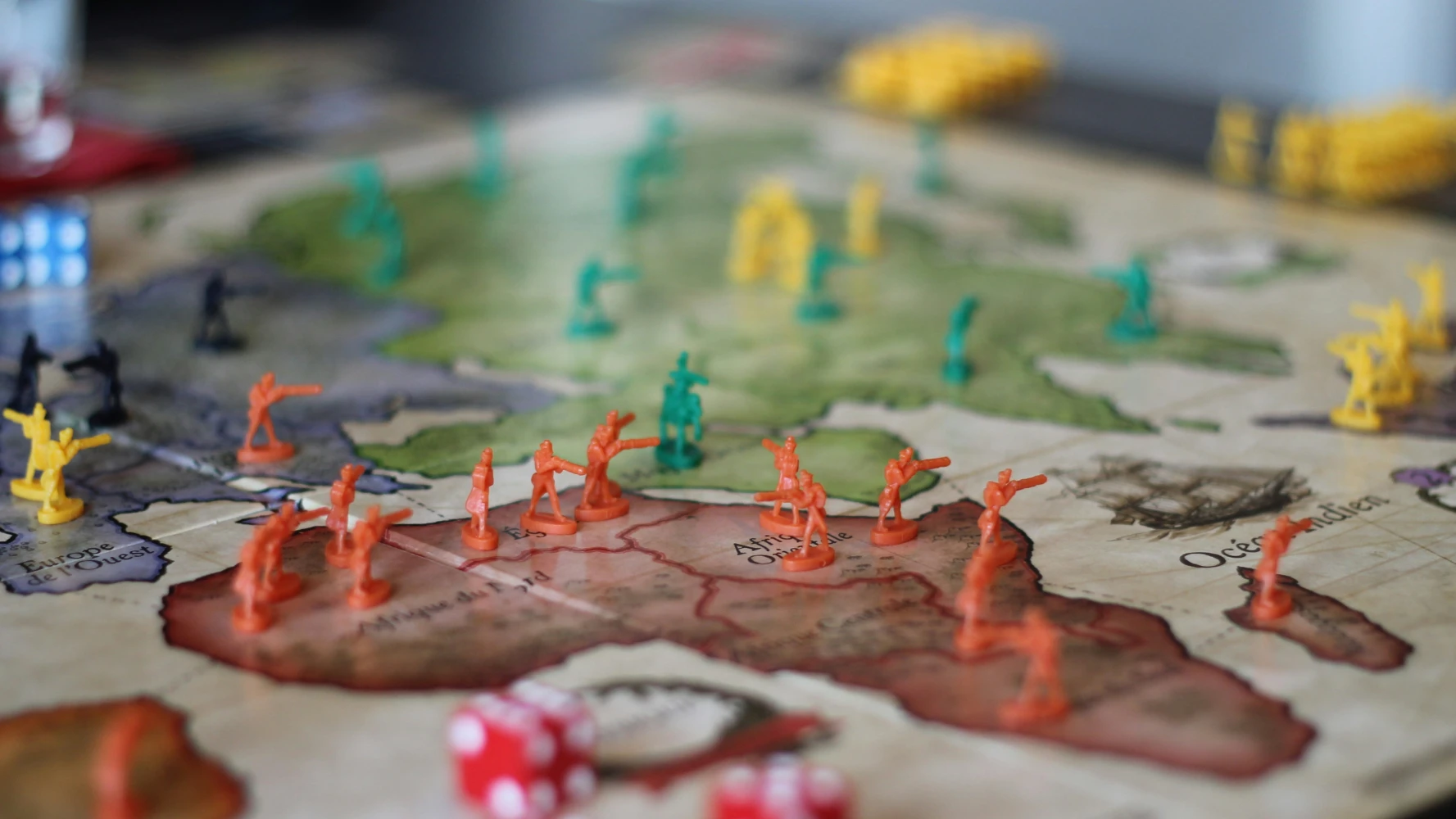
The Risks - Part 4: Debtor Nation
As I write this last blog regarding the risks of seizing Russian assets to compensate Ukraine, I’m literally under attack. Russian missiles and Iranian drones are now striking my adopted hometown, Kyiv. They just hit the largest children’s hospital in Ukraine, and my afternoon is being interrupted by more explosions and air defence fire.
It may seem counter-intuitive to believe that using Russian money to pay compensation could actually have a negative effect on Ukraine, but it’s not as crazy as you may think. The financial mechanism chosen to fund Ukraine could have devastating, long-term effect on the country’s economy and its ability to resettle the millions of refugees and internally displaced people (IDPs) spread across Europe and western Ukraine.
Russia will pay but how?
According to international law, Russia is obliged to compensate Ukrainian victims for this illegal war. Whether in the form of reparations agreed upon as a condition of a peace agreement, or whether it’s proceeds from seized, immobilised Russian and sanctioned individual assets, Russia will pay.
Western nations have been generally supportive of Ukraine through the provision of military aid but when it comes to seizing Russian assets, western support stutters or falters altogether. Concerns that seizing Russian sovereign assets violates international law are completely unfounded. Concerns about capital flight from Western reserve currencies should Russian cash be seized are frankly, comical. And finally, concerns that seizing Russian assets will provoke Russia to retaliate by seizing Western business assets in Russia are simply a means of deflecting attention from decades of hands-off political engagement and shady business dealings with a mob-state that does not respect the rule of law or property rights.
Regardless of how risky seizing Russian assets truly is, Western politicians, bankers and businesspeople continue to trumpet these risks in hopes of forcing western governments to find an alternative way to fund the support of Ukraine.
When you owe the bank $190 billion, you own them
Concerns that G20 nations’ taxpayers will be left holding the bag for Ukraine’s reconstruction and ongoing military resistance, especially with the looming spectre of a second Trump presidency, have helped forge consensus among western leaders that Russian assets must be use. But the question is how?
The biggest pile of Russian cash lies immobilised in Brussels under the control of the Euroclear financial network. Russia has $190 billion in Euroclear, much of it moved from friendly nations like Canada, U.S. and the UK just a few months before their February 2022 full-scale invasion. Did Russia know that Euroclear would put up such resistance to the seizure of the assets prior to moving their reserves? Of course they did. They’ve been ‘buying’ European politicians, business leaders and bankers for thirty years, and now they’re relying on their ‘marks’ to ensure their own cash isn’t used against them.
Interest-ing
This $190 billion earns around $5 billion per year in interest. Clearly, letting Russia actually profit from their money while fighting an illegal war is a non-starter, so this interest is the first sum that should be transferred to Ukraine. EU President Ursula von der Leyen has overseen a consensus that all interest earned on immobilised Russian reserves within EU borders should be given to Ukraine.
While this is wonderful and $5 billion is obviously welcome in Kyiv, this is but a small drop in the bucket of what will eventually be a $1 trillion+ compensation and reparations plan. If the $190 billion principle is untouchable, what else can we do? One answer is collateralisation: using the $190 billion as collateral for a series of bonds that could be sold to private investors and paid back from future $5 billion interest payments. U.S. House of Representatives member Michael McCaul proposed exactly this mechanism in his 21st Century Peace through Strength Act which proposes issuing $50 billion worth of bonds to private investors enabling $50 billion to be loaned Ukraine now, rather than drip-feeding $5 billion a year.
$50 billion is much better than $5 billion but loaning money to Ukraine, a country that’s lost over 30% of its GDP due to the war and already burdened by a CC credit rating, cannot afford any more debt. More would mean that Ukraine could be unable to access critical loans from the International Monetary Fund (IMF), and why should Ukraine suffer any more than it already has? This is Russia’s war, so they must pay the bill.
Time to pay the banker
Years of covert Russian influence and huge gobs of money paid as bribes to European politicians & bankers have created a vacuum of reason regarding supporting Ukraine. We know there is $190 billion Russian money in Brussels and our politicians must show the resolve to seize it and give it to Ukraine. No loans, no interest and no burden to future generations who will inherit this suffering.
If we’re lucky enough to live in civilised, democratic nations that support the rule of law and human rights, we need to put Russia’s money where our mouths are. Ukraine needs cash, not debt. Ukraine needs bullets, not broken promises. The Ukrainian people need compensation, not compromise.
Loans are not cash and private money is not a substitute for Russian money. The alternative is a blank cheque for the world’s dictators as they start wars with impunity knowing their funds will be safe in Western banks as hypocrites ensure it’s never touched. Well, as long as they continue to enjoy the occasional cruise featuring supermodels on a superyacht.
Slava Ukraini! Heroaim Slava!
